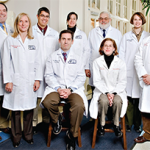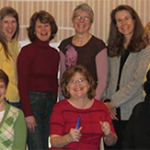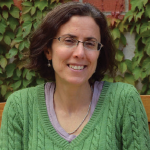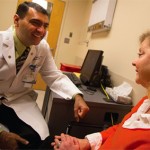Co-morbidities in patients with rheumatoid arthritis and related autoimmune diseases often warrant a multidisciplinary approach to treatment. When it comes to inflammatory and fibrotic lung conditions in these patients, collaboration between pulmonary/critical care specialists and rheumatologists is essential, say two rheumatologists recently interviewed by The Rheumatologist. Both followed their rheumatology fellowship training with additional fellowships…






